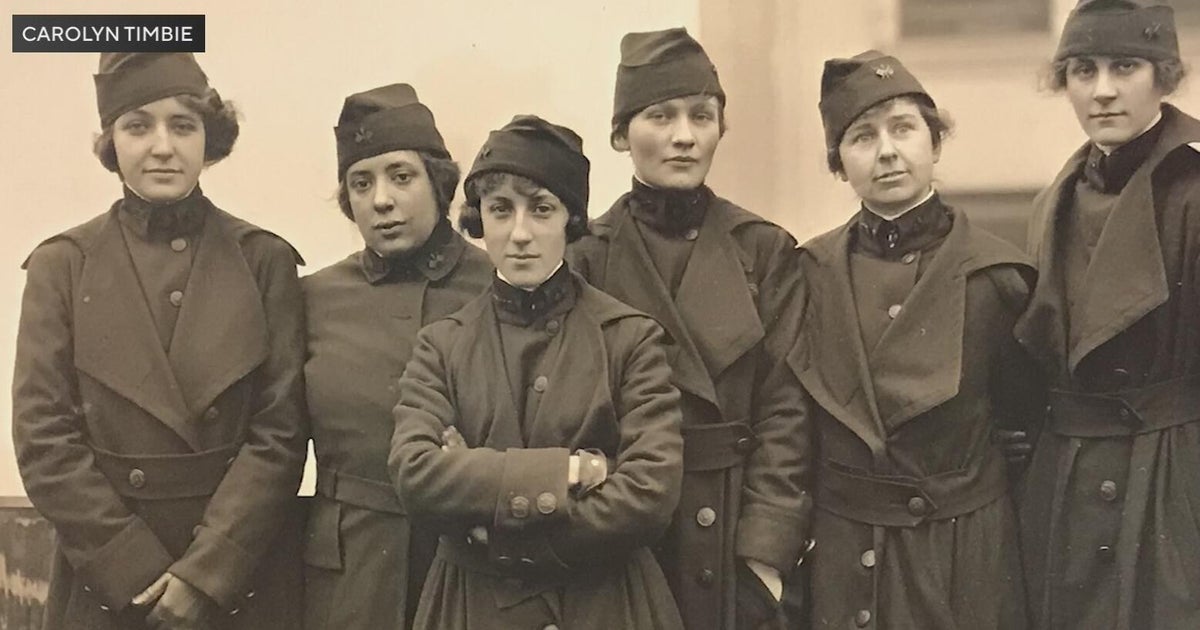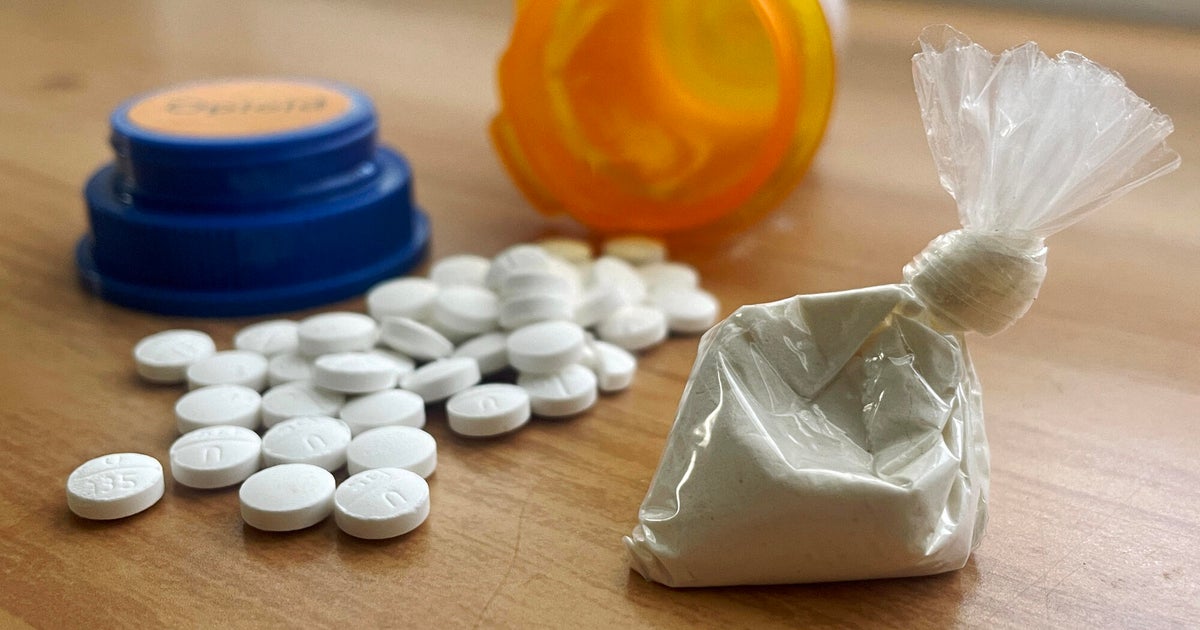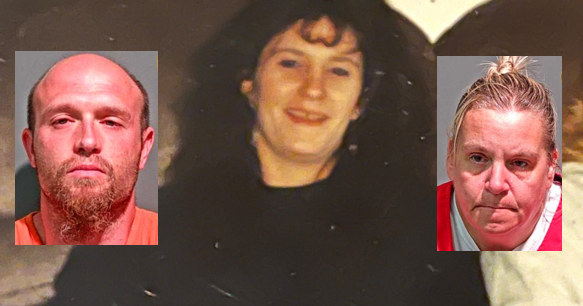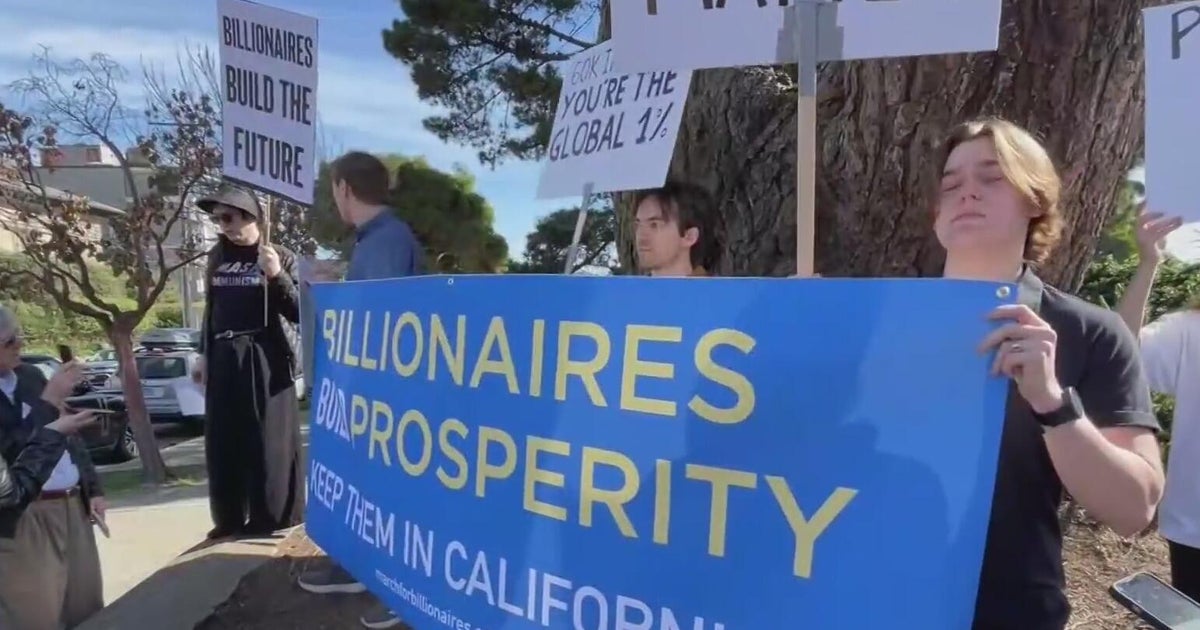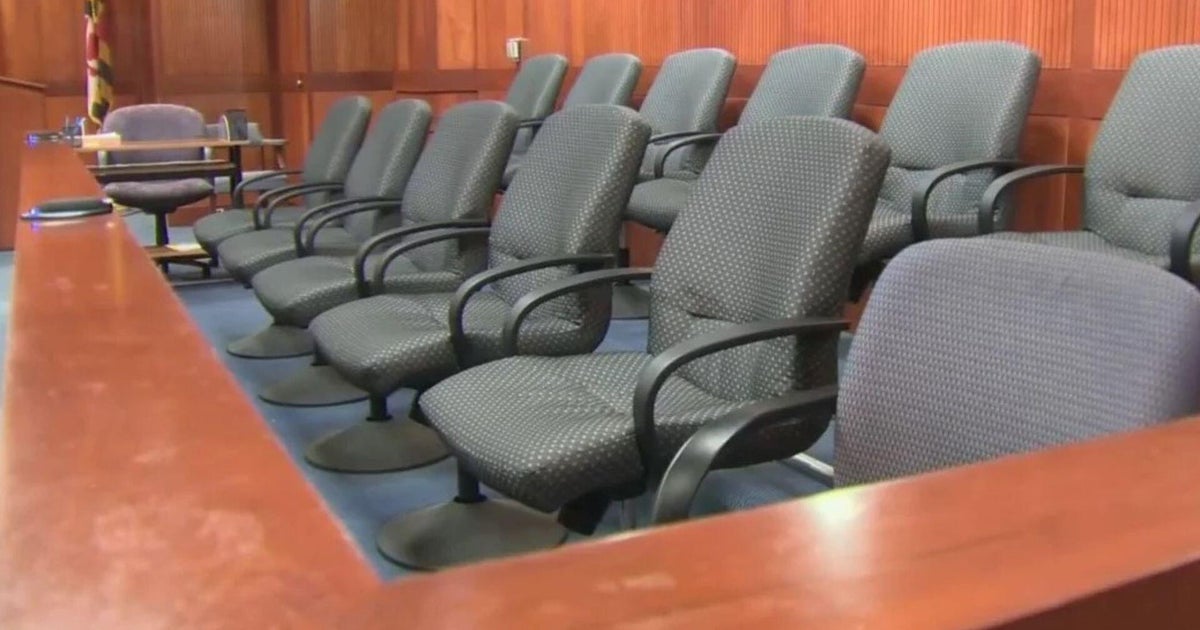New Cause For Ex-Radical Olson
ST. PAUL, Minn. (AP) — Sara Jane Olson, the Minnesota woman who served seven years in prison for her involvement in high-profile 1970s radicalism, is edging back into public life — this time voluntarily — as she and a friend petition the Obama administration to reduce disparities in prison sentences for crack and powder cocaine.
Olson returned to Minnesota after her 2009 parole from a California prison, and lives with her husband in the same St. Paul home where she was arrested in 1999. Once known as Kathleen Soliah, Olson spent 25 years as a fugitive after joining the short-lived Symbionese Liberation Army, the small group best known for the 1974 kidnapping of California heiress Patty Hearst.
Captured in 1999, Olson finally pleaded guilty to helping place pipe bombs under Los Angeles police cars and participating in a bank robbery near Sacramento in which a woman was killed. Deeply private since her release, Olson said she decided to talk to The Associated Press because of strong convictions about her new crusade, which she said is motivated in part by her own time in prison.
"I don't really like to talk about my personal experience in terms of my family and all that," Olson said in an interview on Friday. "But when I was there, at some point I did adjust to it and I said, 'I have to learn something from this.'"
Olson and her friend and next-door neighbor, Mary McLeod, filed the White House petition Thursday asking the president to exercise executive clemency for prisoners serving time under now-discarded sentencing guidelines for crack cocaine. In 2010, Congress cut those sentences to align more closely with those for powder cocaine, but that only applied to new sentences going forward. The women's petition says that left more than 5,000 prisoners still serving time longer than the new rules would require.
"There's just no good argument for that continuing to be the case, so we said let's see what we can do," said McLeod, a retired attorney who moved into the house next door while Olson was in prison. The petition was McLeod's idea, and one of Olson's adult daughters is helping.
The interview occurred in McLeod's living room; Olson, now 66, looks fit, with long white hair and a deeply lined face. She is quick with statistics and opinions about the cause.
"The war on drugs is a politically convenient peg on which to hang a lot of things, and that has been done by a lot of politicians," Olson said. She and McLeod, as many critics have done, said the differences in crack and powder cocaine sentences stem from stereotypes of crack as a drug for poor black people while powder cocaine is for rich white people.
In the petition, the women ask the White House to establish a panel to review individual cases of the prisoners in question, and then make recommendations to President Barack Obama about which of them deserve to be released. That would mimic the 1974 process by which President Gerald Ford commuted sentences of large numbers of Vietnam draft evaders.
Anyone can file a petition to the White House, but it requires 100,000 signatures in 30 days to trigger an actual White House review. And that's no guarantee of action, either. Olson and McLeod are trying to circulate it widely in activist circles, and have posted it on Change.org, an online petition platform. Two days after its posting, the petition — one of more than 100 on the White House site https://petitions.whitehouse.gov/ was nearing 100 signatures.
"It takes a certain amount of guts. You'd think after her experience with the criminal justice system, she'd run in the other direction," said Laurie Levenson, a Loyola Law School professor who followed Olson's case and is also acquainted with the sentencing disparity issue. "But notwithstanding the nature of her crimes, she was a very intelligent person and it strikes me she still has some of that cause burning in her."
Olson said she did volunteer work in women prisons even before her 1999 arrest. But once in prison, she said she experienced firsthand the toll of heavy drug sentences on prison populations. She said that's what brought most of her fellow inmates behind bars. "Most of them were addicts," she said.
"They had us eight women to a room. There were 80-year-old women, already going through dementia, sharing space with an 18-year-old, and you're supposed to all get along?" Olson said.
Before her arrest, Olson was well known among Twin Cities' liberal activists and as a sometime-actress in local theater. She declined to share many details about her life now, but did reveal she's a grandmother. She also wouldn't talk about her 1970s radicalism or her years as a fugitive. In a written apology before her sentencing, Olson described SLA members as "young and foolish." Among the group's victims was a mother of four killed in the Sacramento-area bank robbery.
"I just intend to focus on issues like this because I've been there and I feel kind of on a mission to do what I can to help people get out and recover their lives, for those who can," Olson said. "I'm fortunate to be out, and I can be one of many people that can reach people."
(© Copyright 2013 The Associated Press. All Rights Reserved. This material may not be published, broadcast, rewritten or redistributed.)


